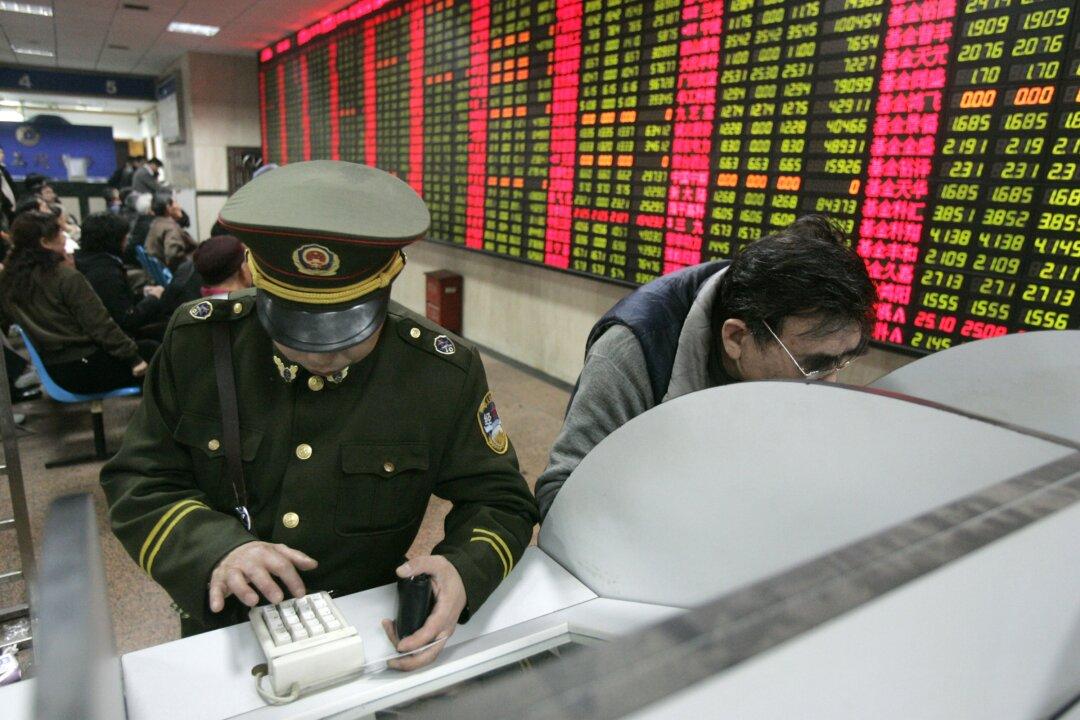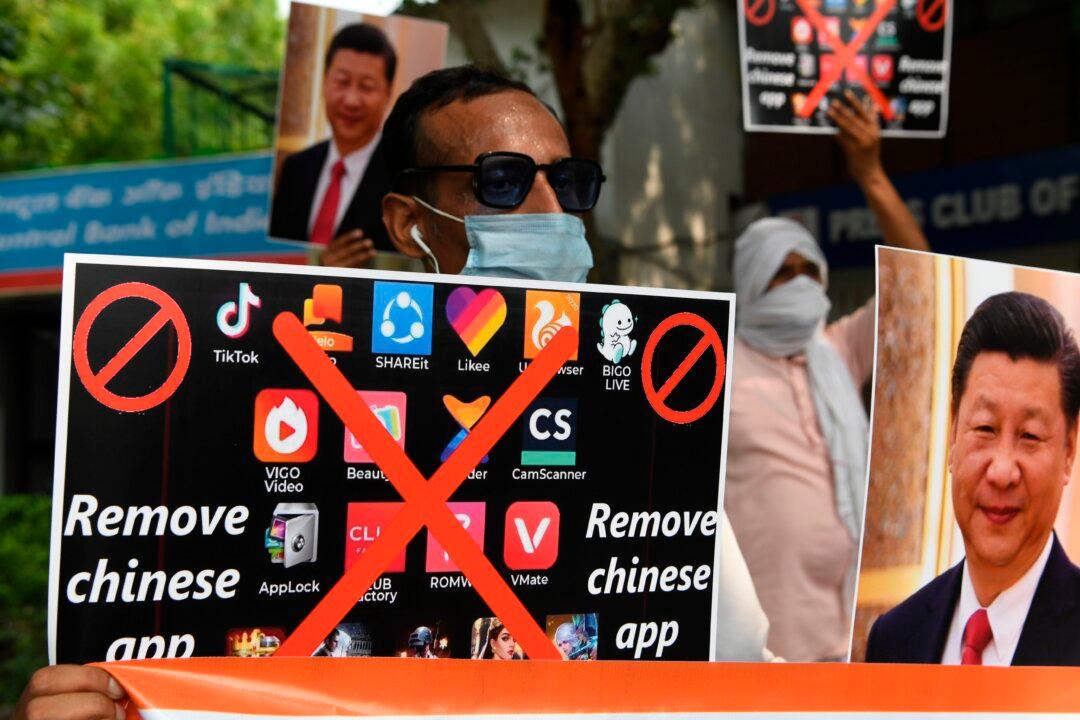On April 30, several companies listed in the Shanghai and Shenzhen stock exchange markets concurrently announced that they had received notification letters about penalties or investigations by the China Securities Regulatory Commission (CSRC) regarding various charges against the companies or their executives.
Among those statements, Jiangyin Hengrun Heavy Industries (603985. SHA) said its former chairman and second-largest shareholder, Cheng Lixin, was accused of “market manipulation and insider trading.” Guangdong Liantai Environmental Protection (603797. SHA) said one of the company’s chiefs, Huang Wanru, was under investigation for a suspected violation of the law on “information disclosure.” Shenyang Yuanda Intellectual Industry Group (002689. SZ) said the CSRC told them they had violated “information disclosure” regulations, pending further punishment. Ningbo Joy Intelligent Logistics Technology (301198. SZ) confirmed the company’s chairman, Luo Yinhao, was detained by the local police for unknown reasons.




